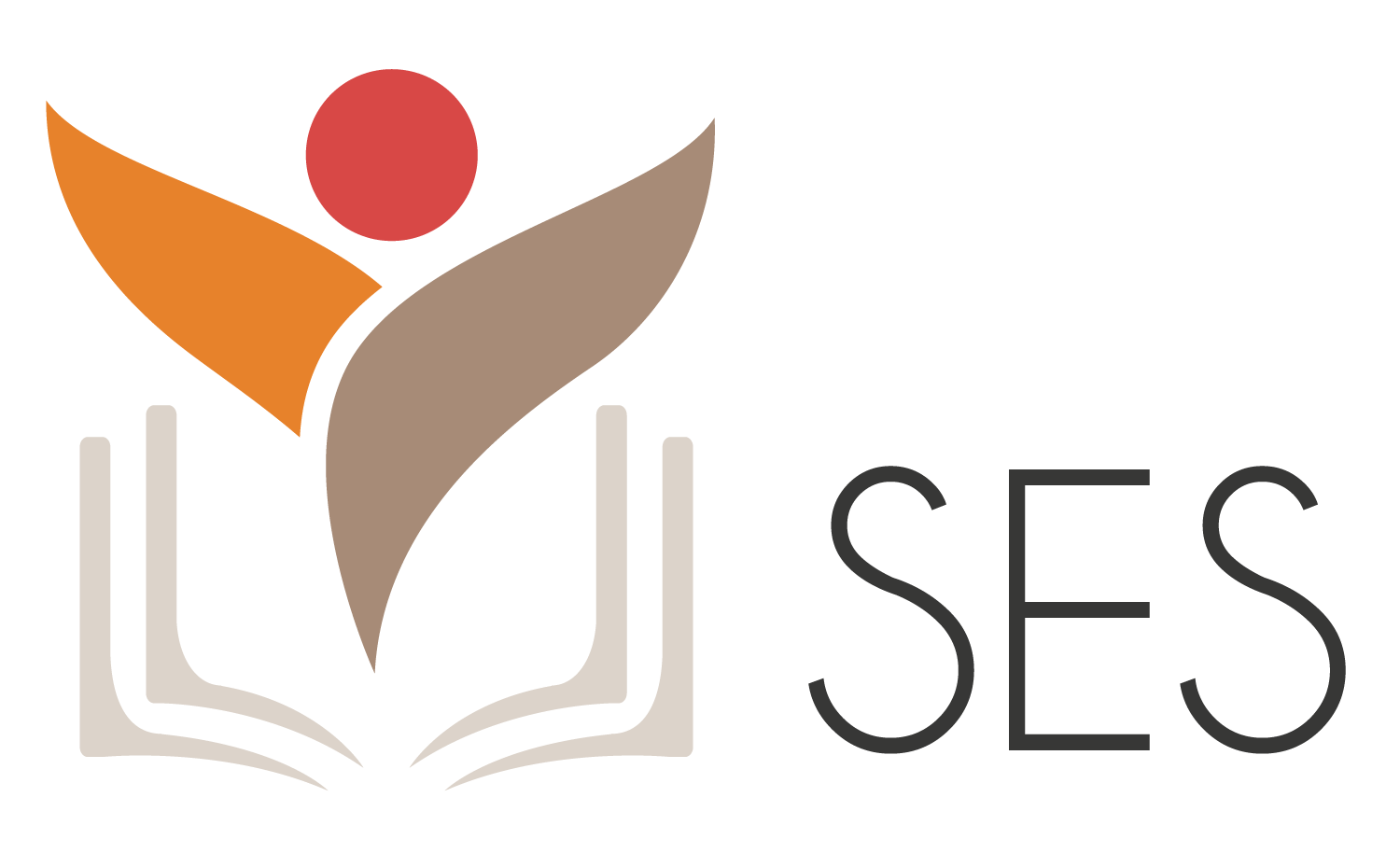Our programs
Health Management program:
Our health management program (health maintenance, improvement and prevention) involves an average of 1425 hours of study and is based on three specific parts of education:
- Conventional teaching based on proven courses offered at a distance and presented in three semesters of 13 booklets each. At the end of each booklet, an objective questionnaire verifies the degree of understanding of the student on the subject taught.
- This part involves two (2) exams on the functioning of the human body and trophology. Each of these topics is examined in order to verify the degree of knowledge acquired by the student in these subjects.
- A final project on a specific topic (vitamins, minerals and trace elements). This project must be written according to a detailed plan that is provided to the student in due time.
Each of these parts must be executed in the order specified, starting with formal education (presentations, multimedia), the part reserved for the exams and the final project (covering the vitamins, minerals and trace elements).
First part: Booklets
Course divided into three semesters of 13 booklets each.
Courses offered for the first semester:
Introduction to prevention (100A)
Basic health principles (101)
Classification of natural health factors (102)
Food constituents (103)
Acid-base residue and pH of food (104)
Biological transmutations (105)
The great nutrition systems (106)
Comparative anatomy and physiology (107)
Food combinations (108)
Dietary supplements (109)
Water (110)
Air (111)
Sunshine (112)
Courses offered for the second semester:
Recreational factors (213)
Exercise (214)
Basic approach in naturopathy and prevention (216)
The evaluation of vitality (217)
How to determine one’s temperament (218)
Bacteriology and virology (approach to vaccines) (219)
The control of our emotions (220)
Faulty body postures (221)
Placebo and the placebo effect (222)
Sexual activity (223)
Breathing techniques (225)
Exercises leading to relaxation (326)
Fatigue (327)
Courses offered for the third semester:
Forms of rest (328)
Sleep (329)
Gerontology (330)
Chronobiology (332)
Evaluation of normal weight (333)
Scientific Research (337)
The spiritual aspect (338)
Fluoridation (444)
Organic farming (445)
Pregnancy and childbirth (446)
Childcare (447)
How to open and keep a patient file (450)
The practice of naturopathy and prevention (451)
NB Each booklet must be completed with an objective questionnaire.
Second Part: Exams
This section involves two specific exams that deal with topics related to health management training.
This part allows to check the knowledge on the following subjects:
- the functioning of the human body;
- trophology.
NB These exams are prepared from “Notes provided”. They take place online, in real time, at the time chosen by the student.
Third part: Production of a thesis
This thesis (final project) must cover vitamins, minerals and trace elements. It must be produced according to the information provided in a document entitled Notes on the final project which has been prepared to enable the student to write this final project correctly. The student will have access to this document in due time. Further research will also be required for the writing of the final project.
Trophology program:
Our tropholgy program (food management) involves an average of 475 hours of study and is based on three specific parts of education:
- Conventional teaching based on proven courses offered at a distance and presented in one semesters of 13 booklets. At the end of each booklet, an objective questionnaire verifies the degree of understanding of the student on the subject taught.
- This part involves one (1) exam on the trophology. This topic is examined in order to verify the degree of knowledge acquired by the student in these subjects. In this program, this topic is trophology (knowledge of food principles).
- A final project on a specific topic (vitamins, minerals and trace elements). This project must be written according to a detailed plan that is provided to the student in due time.
Each of these parts must be executed in the order specified, starting with formal education (presentations, multimedia), the part reserved for the exam and the final project (covering the vitamins, minerals and trace elements).
First part: Booklets
Course divided into one semester of 13 booklets.
Courses offered for the semester:
Introduction to trophology (100B)
Classification of natural health factors (102)
Food constituents (103)
Acid-base residue and pH of food (104)
Biological transmutations (105)
The great nutrition systems (106)
Comparative anatomy and physiology (107)
Food combinations (108)
Dietary supplements (109)
Water (110)
Evaluation of normal weight (333)
Fluoridation (444)
Organic farming (445)
NB Each booklet must be completed with an objective questionnaire.
Second Part: Exam
This section involves one specific exam that deals with topics related to food management program.
This part allows to check the knowledge on the following subjects:
- trophology.
NB This exam is prepared from “Notes provided”. They take place online, in real time, at the time chosen by the student.
Third part: Production of a thesis
This thesis (final project) must cover vitamins, minerals and trace elements. It must be produced according to the information provided in a document entitled Notes on the final project which has been prepared to enable the student to write this final project correctly. The student will have access to this document in due time. Further research will also be required for the writing of the final project.
Learning how to live well
Become health manager and help people prevent disease through healthy lifestyles.


